The Mediterranean Diet and Your Mental Health
When it comes to our mental health, what we eat can play a significant role. The Mediterranean Diet is currently considered one of the most healthy dietary models worldwide (1). It is generally based on the daily intake of fruit and vegetables, wholegrains, legumes, nuts, fish, white meats and olive oil, with moderate consumption of fermented dairy products and low intake of red meat. While the Mediterranean diet is most well-known for its positive effects on physical health such as reduced risk of cardiovascular disease and improved longevity, over the past decade, it has become clear that it can also have a significant impact on the development and management of mental disorders.
What Does the Research Say?
Numerous recent scientific studies have shown significant benefits in embracing a Mediterranean diet among those reporting depressive symptoms. One study reported that adults with depressive symptoms who adhered to the Mediterranean diet had a greater reduction in symptoms and improved mental health after 6 months compared to those who did not follow the diet (2). Similarly, another study involving individuals with major depressive disorder found that adherence to the Mediterranean Diet resulted in greater improvements in depressive symptoms after 3 months compared to non-adherents (3).
Further studies have highlighted the positive effects of specific components of the diet, such as omega-3 fatty acids found in oily fish and the high concentration of antioxidants present in fruits and vegetables. These dietary components have been shown to reduce the chronic inflammation linked to mood disorders like depression (4).
How can we incorporate these diet principles into our daily lives?
While we may not live in the sunny Mediterranean, we can still adopt some healthy habits characteristic of the Mediterranean lifestyle. We can make our mealtimes more social and mindful which can help reduce stress and improve emotional wellbeing, and we can also incorporate many of the diet’s principles into our daily lives such as:
Increasing consumption of fruits and vegetables
Choosing wholegrain carbohydrate sources
Adding oily fish
Reducing processed foods
Incorporating nuts and seeds
Try out our Wholewheat Penne with Tomato, Italian Parsley, Black Olives and Ricotta recipe for some inspiration for a delicious and nutritious Mediterranean inspired meal!
By making small but consistent changes, such as increasing fruit and vegetable intake, adding healthy fats like those from oily fish, olive oil, nuts and seeds, and reducing processed foods, we are taking steps in the right direction towards improving our overall wellbeing. This approach not only benefits our physical health, but also enhances our mental and emotional wellbeing, one of the most important aspects of our health, and definitely not one to be overlooked.
References:
Patterson RE, Frank LL, Kristal AR. The Mediterranean diet and mental health: a comprehensive review of recent evidence. Nutr J. 2020;19(1):50. doi:10.1186/s12937-020-00240-0.
Aridi YS, Walker KZ, Alkerwi A. The Mediterranean diet and its effects on cardiovascular risk factors: A systematic review. Nutr Rev. 2017;75(8):452-470. doi:10.1093/nutrit/nux035.
Rapisarda V, Reitano R, Puglisi G, et al. Mediterranean diet and health status: A systematic review. Nutrients. 2017;9(8):9. doi:10.3390/nu9080909.
Mottaghi R, Pirozzi F, Della Gatta A, et al. Mediterranean diet and brain health: A comprehensive review. Front Neurosci. 2019;13:265. doi:10.3389/fnins.2019.00265.


